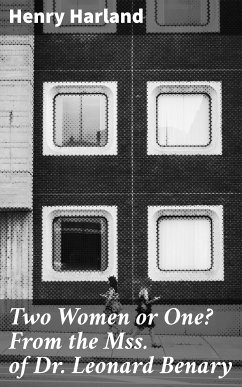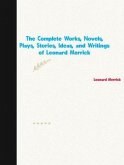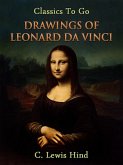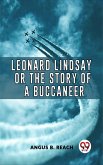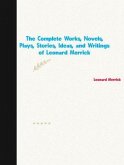In "Two Women or One? From the Mss. of Dr. Leonard Benary," Henry Harland masterfully explores the intricacies of identity, gender, and psychological conflict through a narrative that intertwines elements of both social critique and intimate character study. The novel is set against the backdrop of early 20th-century Europe, employing a sophisticated literary style that melds realism with lyrical prose. Harland crafts a tale that not only reflects the societal norms of his time but also challenges readers to confront the dualities of love and ambition as seen through the perspectives of its complex female characters, ultimately questioning the essence of selfhood. Henry Harland, a notable figure in late Victorian literature, was influenced by the burgeoning modernist movement around him. His rich experiences as a writer and editor provide depth to his characters, which often mirror his own struggles with societal expectations and artistic expression. Harland's keen observations of the feminine experience are likely drawn from both personal encounters and his acute awareness of the shifting cultural landscape, allowing him to paint a nuanced portrait of female agency in an era defined by patriarchal constraint. For readers intrigued by psychological depth and societal critique, "Two Women or One?" is an essential exploration of the complexities of identity and desire. Harland's novel not only captivates with its narrative elegance but also invites profound reflection on the roles we adopt in our quests for authenticity. This compelling work is highly recommended for those seeking to delve into the rich interplay between gender and individuality.
Dieser Download kann aus rechtlichen Gründen nur mit Rechnungsadresse in A, B, BG, CY, CZ, D, DK, EW, E, FIN, F, GR, H, IRL, I, LT, L, LR, M, NL, PL, P, R, S, SLO, SK ausgeliefert werden.

